Be still. Stop wiggling. Slow down. Sit down. So often, we associate children’s immobility with their obedience, as though the way you…
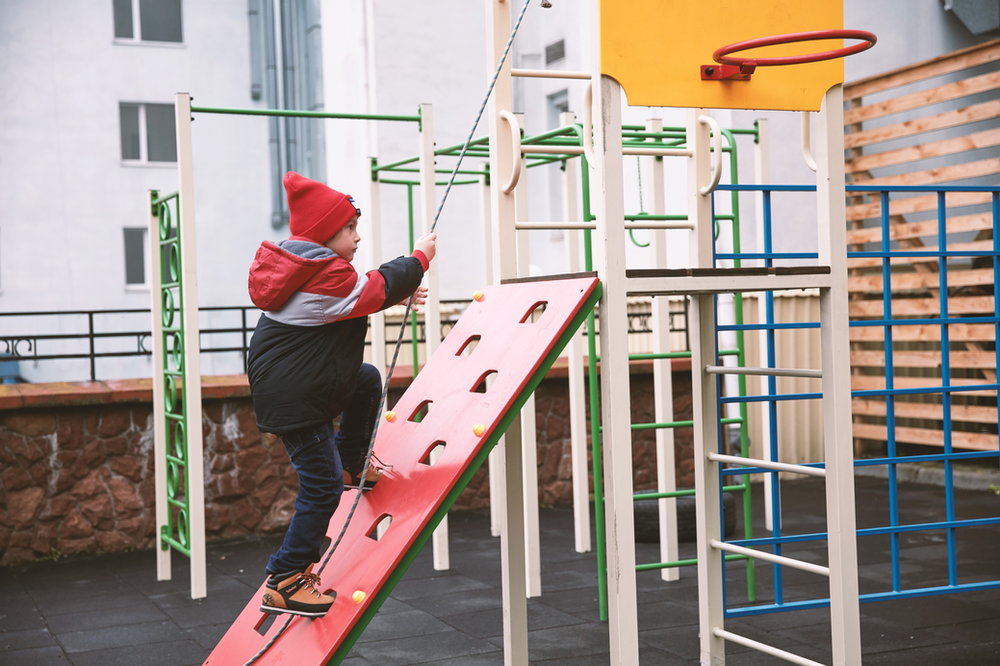

Be still. Stop wiggling. Slow down. Sit down. So often, we associate children’s immobility with their obedience, as though the way you…

When Montessorians talk about protecting the child’s spiritual development, we are not talking about issues of religion or theology. In…

For a philosophy that seems to be focused on the development of the individual, Montessori herself reminds us that it is not the…
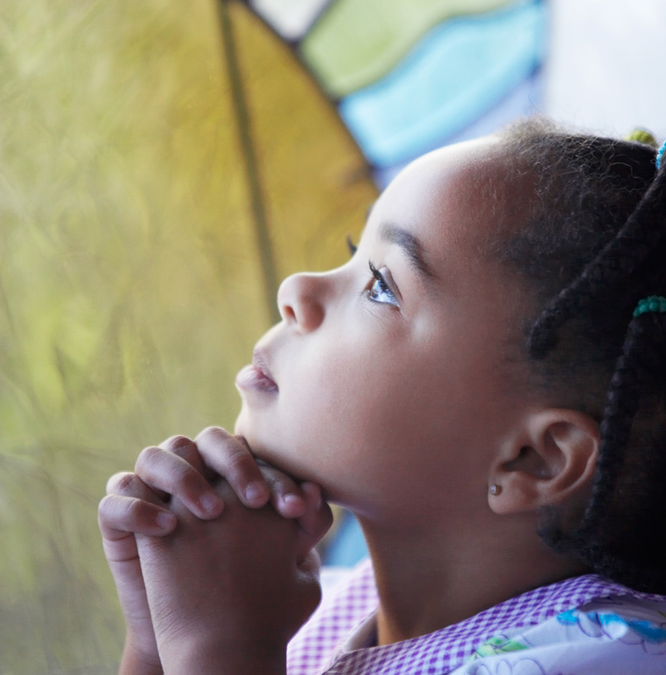
Montessori tells us that “we do not realize when we are violent to children, and that the aggressions that children demonstrate are the…
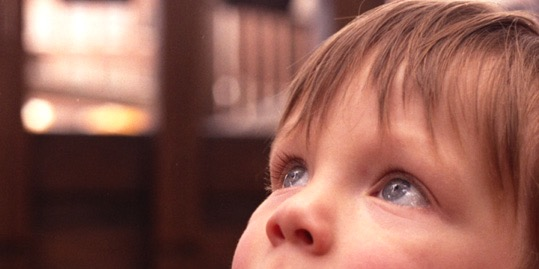
When you read Montessori’s description of the development of language in infants, it’s hard not to share her wonder at the…

The Freedom to Interact with Others reflects one of Montessori’s Tendencies of Humans: the Tendency toward Communication. We understand…

Montessori, master observer, notes the ways in which infant environments are often designed for the comfort of adults, rather than to…
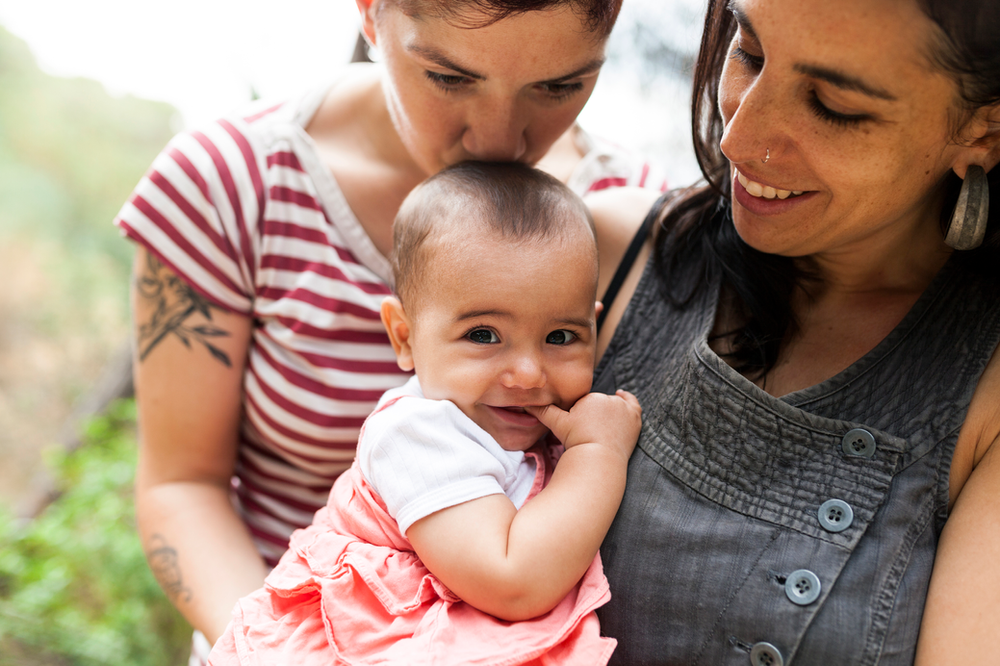
Montessori reminds us of the critical work that children are doing in infancy. “Work,” as she describes it, are experiences on the…
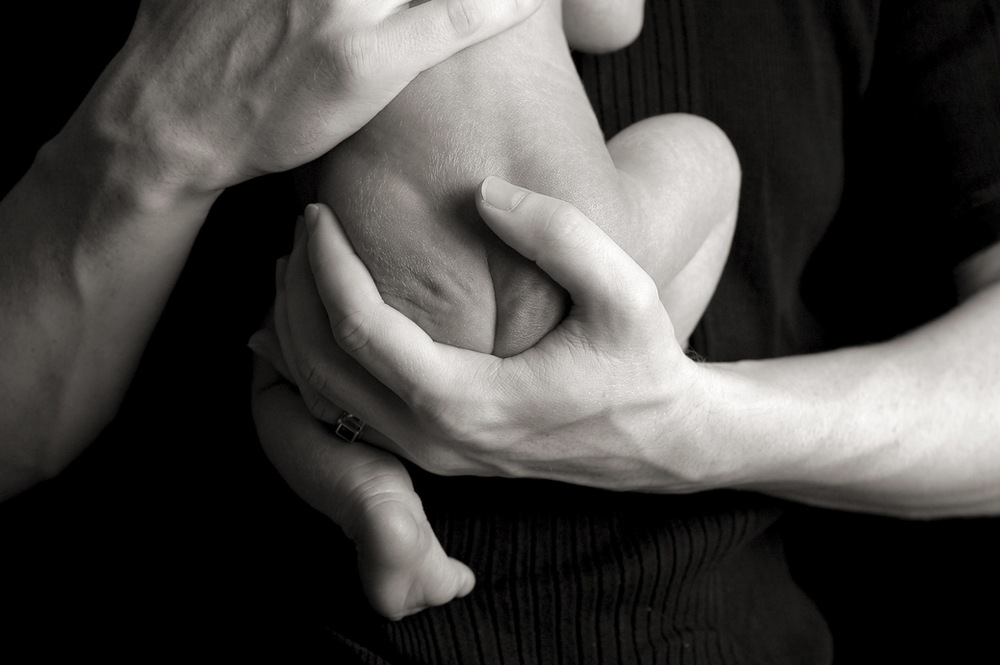
Some of Montessori’s writings are poetic. Some are inspirational. Some are cautionary. When she writes about the life of the newborn…

A new hope and a new vision. It’s one of Montessori’s quotes that finds its way across the scope of novice teacher’s philosophy essays,…